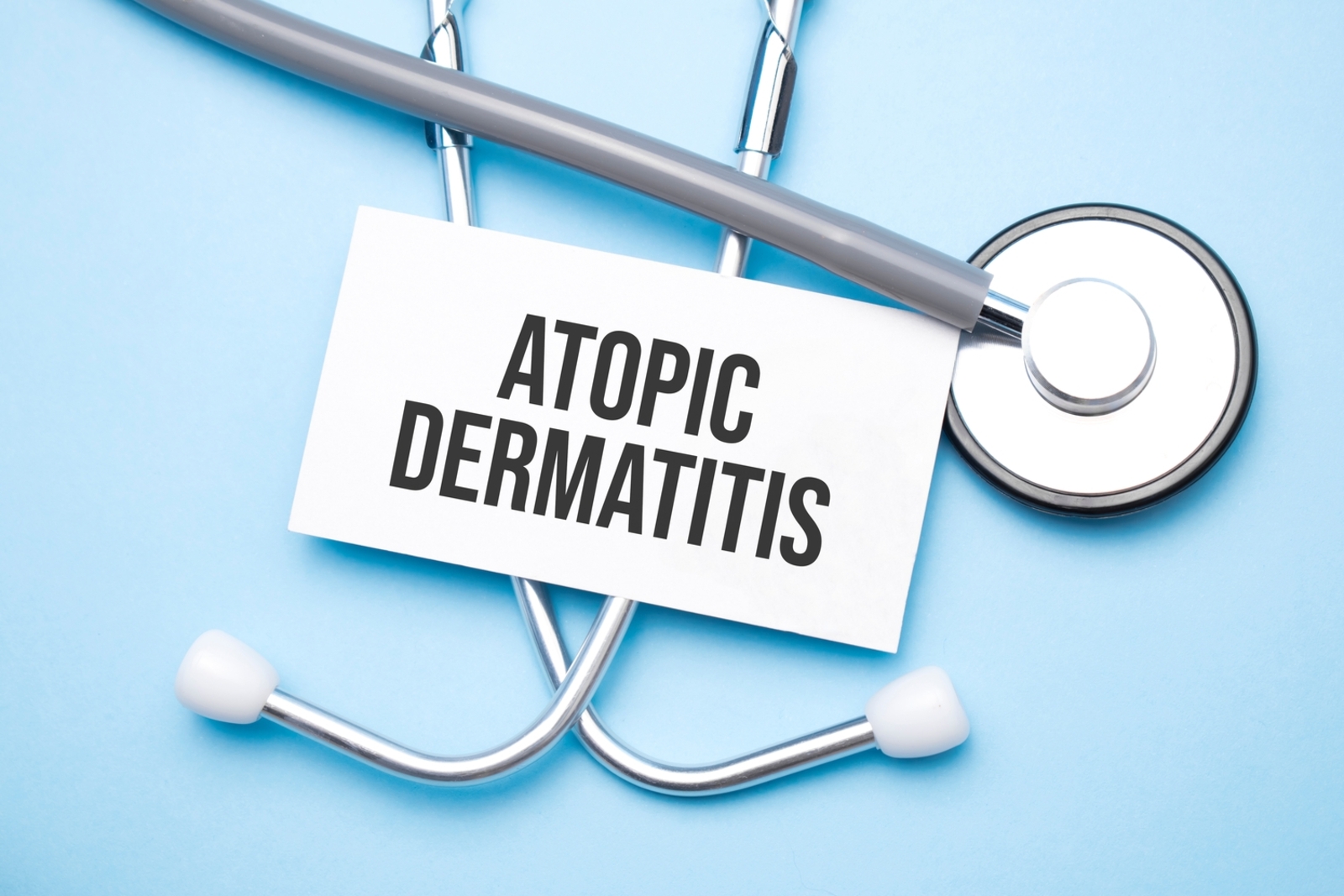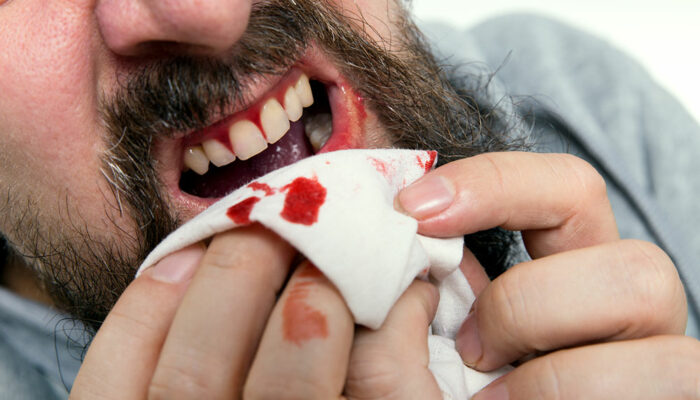
5 Soaps That Trigger Atopic Dermatitis
And Helpful Treatment Options for Itch Relief
Atopic dermatitis, often referred to as eczema, is a chronic skin condition that can be exacerbated by various environmental factors, including the products used on the skin. Certain soaps are known to trigger flare-ups, making it essential for those affected to choose their skincare products wisely. Finding the right Atopic Dermatitis Itch Relief Medication, Atopic Dermatitis Creams, and Atopic Dermatitis Treatment Options can significantly improve the quality of life for those dealing with this condition. In this article, we’ll explore five soaps that may trigger atopic dermatitis and provide some helpful treatment options for itch relief.
1. Antibacterial soaps
Antibacterial soaps, while effective at eliminating germs, often contain harsh chemicals like triclosan or triclocarban. These ingredients can strip the skin of its natural oils, leading to dryness and irritation. For individuals with atopic dermatitis, this can trigger a flare-up, causing redness, itching, and discomfort. Opting for gentle, fragrance-free cleansers can help maintain the skin’s natural barrier and reduce the risk of irritation.
2. Fragranced soaps
The allure of fragranced soaps is hard to resist, but for those with sensitive skin, they can be a nightmare. The synthetic fragrances used in many soaps can cause allergic reactions and exacerbate eczema symptoms. It’s best to stick with unscented or naturally scented options to minimize the risk of triggering atopic dermatitis. Look for products labeled as “fragrance-free” or “hypoallergenic” to ensure a gentle cleansing experience.
3. Deodorant soaps
Deodorant soaps are designed to combat body odor, but they often contain strong chemicals that can irritate sensitive skin. Ingredients like alcohol and artificial fragrances can be particularly problematic for individuals with atopic dermatitis. These soaps can disrupt the skin’s moisture balance, leading to dryness and inflammation. Choosing mild, moisturizing soaps can help prevent flare-ups and keep the skin feeling comfortable.
4. Exfoliating soaps
Exfoliating soaps, which contain abrasive particles to slough off dead skin cells, can be too harsh for those with atopic dermatitis. The physical exfoliation can damage the skin’s protective barrier, leading to increased sensitivity and irritation. It’s essential to be gentle with the skin and avoid products that can cause micro-tears or exacerbate existing eczema patches. Instead, consider using a soft washcloth or a gentle exfoliating product designed for sensitive skin.
5. Soaps with sulfates
Sulfates, such as sodium lauryl sulfate (SLS) and sodium laureth sulfate (SLES), are common foaming agents found in many soaps. While they create a satisfying lather, they can also strip the skin of its natural oils, leading to dryness and irritation. For those with atopic dermatitis, this can trigger a flare-up and worsen symptoms. Opting for sulfate-free cleansers can help maintain the skin’s natural moisture and reduce the risk of irritation.
While avoiding these soaps can help manage atopic dermatitis, finding the right treatment options is equally important. Moisturizing regularly with Atopic Dermatitis Creams can help maintain the skin’s barrier and reduce itching. Over-the-counter Atopic Dermatitis Itch Relief Medication, such as hydrocortisone creams, can provide temporary relief from itching and inflammation. For more severe cases, prescription Atopic Dermatitis Treatment Options, like topical calcineurin inhibitors or biologics, may be necessary.
In conclusion, understanding which soaps can trigger atopic dermatitis is crucial for managing this chronic condition. By choosing gentle, fragrance-free, and sulfate-free products, individuals can reduce the risk of flare-ups and maintain healthier skin. Coupled with effective treatment options, these strategies can provide much-needed relief and improve the overall quality of life for those affected by atopic dermatitis.



